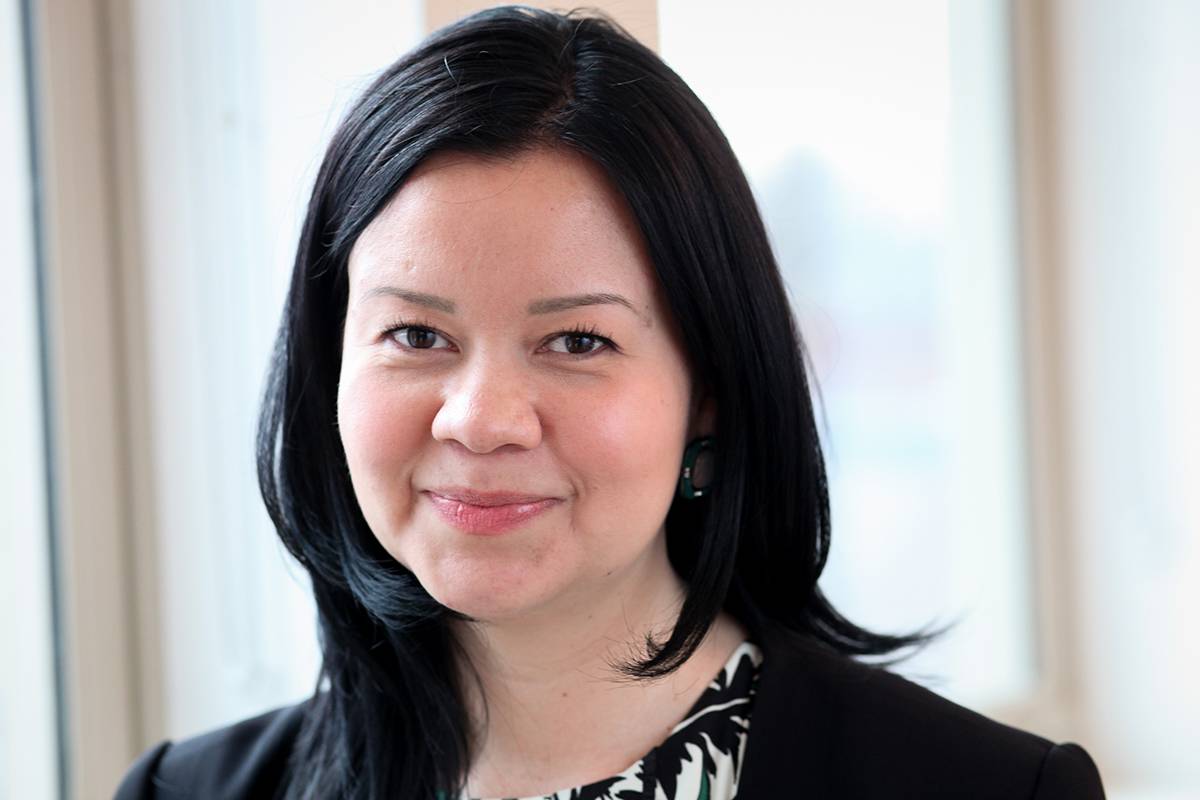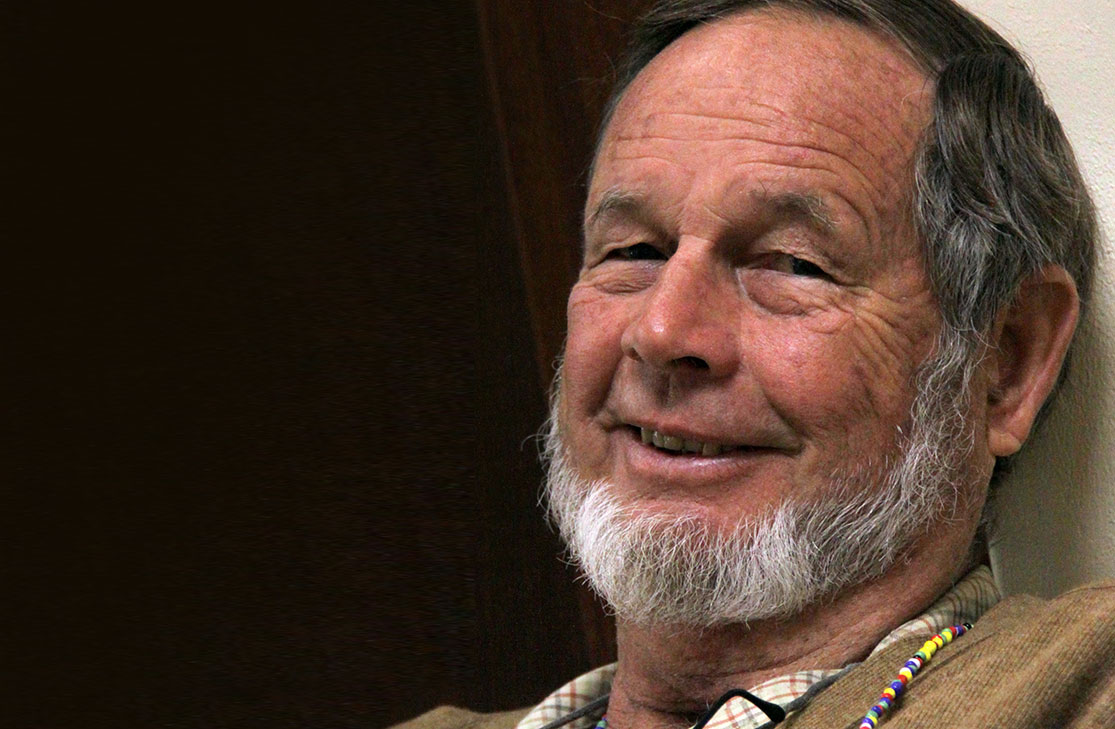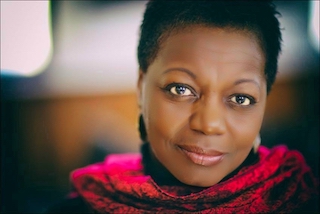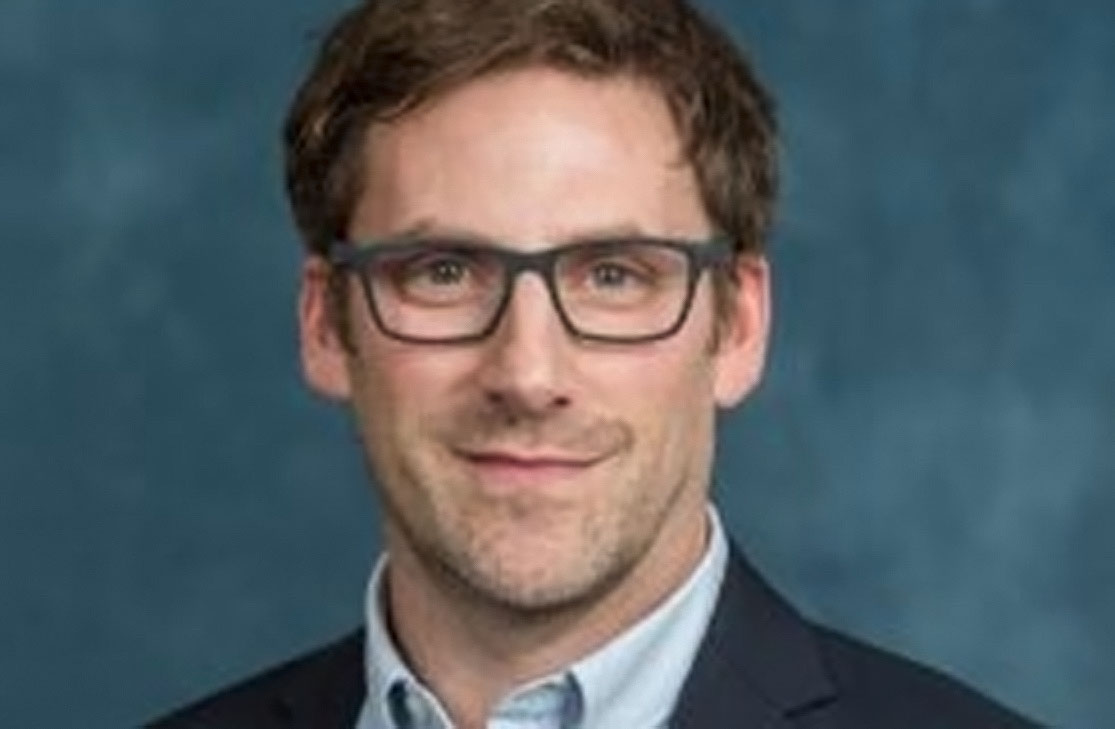Institute Fellows
The Environics Institute maintains a Fellows program to promote greater collaboration between the Institute and its community and research partners, and to promote wider use and circulation of the Institute’s reports and data. Environics Institute Fellows lead public discussions, make presentations, publish op-eds and articles or conduct further research on topics relevant to the Institute’s mandate and focus, where possible using the Institute’s own survey research data. Fellows also help guide the development of future Institute projects and challenge the Institute to continuously improve the quality and relevance of its work.
The Institute is privileged to be associated with the following leaders who currently serve as Environics Institute Fellows.

Andrew Griffith
Andrew is the author of Multiculturalism in Canada: Evidence and Anecdote, providing an integrated view of how well multiculturalism is working, Policy Arrogance or Innocent Bias: Resetting Citizenship and Multiculturalism, describing the relationship between the bureaucratic and political levels and, “Because it’s 2015 …” Implementing Diversity and Inclusion, analyzing the diversity of the 2015 election and political appointments. He regularly comments on citizenship, multiculturalism and related issues, in his blog, Multiculturalism Meanderings, as well in the media.
Andrew was the former Director General — Citizenship and Multiculturalism, Citizenship and Immigration Canada. Previous assignments include Service Canada, Industry Canada, Privy Council Office, and Foreign Affairs and International Trade Canada, with foreign postings in Argentina, Saudi Arabia, Iran, Geneva (World Trade Organization) and Los Angeles.
His government publications include From a Trading Nation to a Nation of Traders: Toward a Second Century of Canadian Trade Development and Market Access and Environmental Protection: A Negotiator’s Point of View. He has received a number of awards for his government service, including the Public Service Award (2007, 2010), and the Queen Elizabeth II Diamond Jubilee Medal (2012). Andrew is also a fellow of the the Canadian Global Affairs Institute.
Andrew has also written Living with Cancer: A Journey, recounting his recent experience with cancer. Andrew lives in Ottawa and is married with two adult children.

Ginger Gosnell-Myers
Ginger Gosnell-Myers, of Nisga’a and Kwakwak'awakw heritage is passionate about advancing Indigenous rights and knowledge, while breaking down barriers between Indigenous peoples and all Canadians.
In November 2019, Ginger was appointed as the first Indigenous Fellow with the Simon Fraser University Morris J. Wosk Centre for Dialogue. This appointment reflects her distinguished achievements as a thought leader and practitioner who brings a deep understanding of urban Indigenous issues, years of practice in bridging Indigenous and non-Indigenous communities in developing public policy, and a passion for innovating new engagement processes that advance the United Nations Declaration on the Rights of Indigenous Peoples. Ginger’s fellowship will focus on Decolonization and Urban Indigenous Policy and Planning, and builds upon the 20+ years she has in this field.
Ginger previously served as the Project Manager and Public Engagement Director for the Environics Institute’s Urban Aboriginal Peoples Study - Canada’s largest research study that explored the identities, values, experiences, and aspirations of Indigenous people living in 10 major Canadian cities and pushed back against the misconceptions held to date about the urban Indigenous population.
Ginger has delivered a TedX Talk - ‘Canadian Shame: A history of Residential Schools’, and a Walrus Talk - ‘Who do you think we are’.

John Berry
John Berry is Professor Emeritus of Psychology at Queen's University, Canada, and Research Professor, National Research University Higher School of Economics, Moscow, Russia.
He has published over 30 books in the areas of cross-cultural, intercultural, social and cognitive psychology with various colleagues. These include Cross-Cultural Psychology: Research and Applications (3rd edition, Cambridge University Press, 2011); Immigrant Youth in Cultural Transition (LEA, 2006); Ecology, Culture and Human Development (Sage, 2017); Berry, J.W. (Ed.) (2017) Mutual intercultural relations (Cambridge: Cambridge University Press); Lebedeva, N, R. Dimitrova & Berry, J.W. (2018) (eds). Value and identity change in post-communist societies (Berlin: Springer); and Berry, J.W. (2019). Acculturation: A personal journey across cultures (Cambridge: Cambridge University Press).
John is a Fellow of the Canadian Psychological Association, the Netherlands Institute for Advanced Study, the International Association for Cross-Cultural Psychology, and the International Academy for Intercultural Research.His main research interests are in the role of ecology and culture in human development and in acculturation and intercultural relations, with an emphasis on applications to immigration, multiculturalism, educational and health policy.

Jeffrey G. Reitz
Jeffrey G. Reitz is Professor Emeritus of Sociology, R.F. Harney Professor Emeritus of Ethnic, Immigration and Pluralism Studies, Affiliated Faculty member at the Munk School of Global Affairs, at the University of Toronto, and former Chair in the University’s Department of Sociology. He has published extensively on immigration and inter-group relations in Canada, and he has frequently contributed to discussions of policies on immigration, multiculturalism and immigrant employment in Canada. Jeff is a Fellow of the Royal Society of Canada (2001) and recipient of the Outstanding Contribution to Sociology Award of the Canadian Sociology Association (2005).
Jeff’s work has placed particular emphasis on understanding the distinctiveness of Canadian immigration experience through detailed comparisons with the United States, Australia, Britain, France and Germany. His most recent book, Reshaping the Mosaic: Canadian Immigration Policy in the 21st Century (coauthored with Ninette Kelley and Michael J. Trebilcock), is being published by University of Toronto Press.
His work frequently has used Environics survey data, and the 2010 Focus Canada survey was featured in “Pro-immigration Canada: Social and Economic Roots of Popular Views,” published by the Institute for Research on Public Policy (2011). He participated as an advisor in Environics Institute studies such as the Black Experience Project (2017), and Race Relations in Canada survey (2021).

Marva Wisdom
Marva Wisdom is a leading voice on empowering social change and for decades, an advocate for social justice, equity and inclusivity. Her service delivery to local, national, and international clients include keynote speeches, workshop facilitation & design, and research through her company Wisdom Consulting.
Marva’s more than 30 years of volunteer leadership have included: Founding president of Guelph Black Heritage Society, chair of United Way Campaign, fundraising cabinet member of the Canadian Museum for Human Rights, board chair of the YMCA-YWCA, long time Rotarian and national policy chair and platform chair for a major political party and vice chair of the Canadian Centre for Diversity.
She has been a driving force as Director of Outreach and Engagement behind the well-received Black Experience Project (GTA) - a seven-year Environics Institute and partner research study. She is the director of the international ArtsEverywhere Festival, co-presented by Eramosa Institute and Musagetes Foundation. And she is the external Lead Advisor for the City of Guelph’s participatory national award winning, long-term Community Plan that is committed to setting a community standard for the elimination of systemic racism. Marva is also a Senior Fellow at University of Toronto’s Munk School of Global Affairs and Public Policy.
In giving voice to the dismantling of systemic racism, Marva has co-authored Collecting Courage: Joy, Pain, Freedom, Love.

Stuart Soroka
Stuart Soroka is a Professor in the Departments of Communication and Political Science at the University of California, Los Angeles. Stuart is a past co-investigator of the 2011 and 2015 Canadian Election Studies, past Director of the Canadian Opinion Research Archive, and a current associate member of the Centre for the Study of Democratic Citizenship at McGill University. His research focuses on political communication, the sources and structure of public preferences for policy, and the relationships between public policy, public opinion, and mass media. He has written two books using Environics data, Agenda-Setting Dynamics in Canada (2002, UBC Press) and Degrees of Democracy (2010, Cambridge University press), and his most recent book is Negativity in Democratic Politics (2014, Cambridge University Press).
Stuart’s current work with Environics data focuses on the structure of Canadians’ attitudes towards immigration policy.